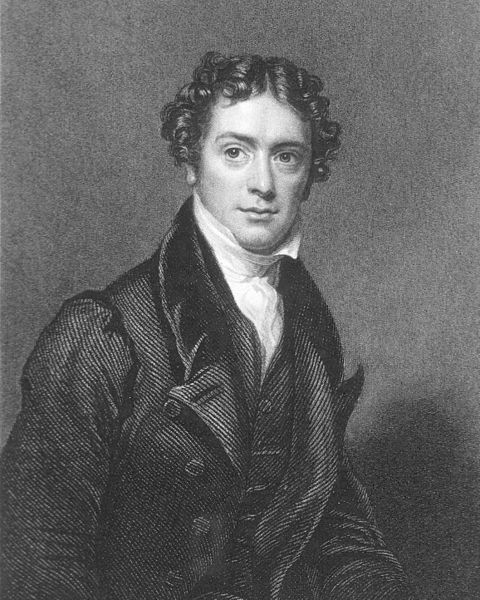Power engineering, also called power systems engineering, is a subfield of electrical engineering that deals with the generation, transmission, distribution, and utilization of electric power, and the electrical apparatus connected to such systems. Although much of the field is concerned with the problems of three-phase AC power – the standard for large-scale power transmission and distribution across the modern world – a significant fraction of the field is concerned with the conversion between AC and DC power and the development of specialized power systems such as those used in aircraft or for electric railway networks. Power engineering draws the majority of its theoretical base from electrical engineering and mechanical engineering.
A steam turbine used to provide electric power.
A sketch of the Pearl Street Station, the first steam-powered electric power station in New York City
Transmission lines transmit power across the grid.
Electrical engineering is an engineering discipline concerned with the study, design, and application of equipment, devices, and systems which use electricity, electronics, and electromagnetism. It emerged as an identifiable occupation in the latter half of the 19th century after the commercialization of the electric telegraph, the telephone, and electrical power generation, distribution, and use.
Electrical engineering
The discoveries of Michael Faraday formed the foundation of electric motor technology.
Guglielmo Marconi, known for his pioneering work on long-distance radio transmission
A replica of the first working transistor, a point-contact transistor







